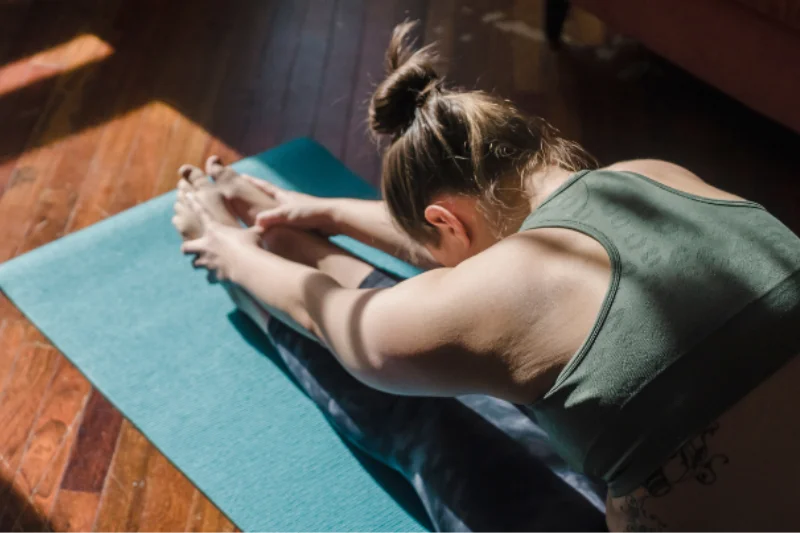Cognitive Behavioral Therapy (CBT) in Addiction Treatment

Introduction: Understanding the Principles of CBT in Addiction Treatment
Cognitive Behavioral Therapy (CBT) is an extremely effective addiction treatment strategy that tackles the interconnectivity of thoughts, emotions, and behaviours. Understanding the cognitive model allows people to discover how their thoughts influence their feelings and actions, especially in the context of addiction.
This understanding is critical for devising solutions to control addictive behaviours and cognitive processes, as recognized by certified addiction professionals and substance abuse professionals.
Discussing the Effectiveness of CBT in Changing Negative Thought Patterns and Behaviors

Identifying and Challenging Negative Thoughts
- CBT assists people in recognising and challenging erroneous or negative ideas associated with addiction. For example, a common negative thought could be “I’ll never be able to quit.” CBT approaches might help you reframe this thought as something more positive and motivating, like, “I have the strength to overcome my addiction.” (American Psychological Association: What is Cognitive Behavioral Therapy?)
Addressing Maladaptive Behaviors
- CBT uses behavioural experiments and exposure therapy to address detrimental addiction-related behaviours. Breaking the cycle of addiction allows people to replace destructive behaviours with healthier options, supporting long-term recovery. (Psychology Today: Behavioral Experiments in CBT)
Providing Practical Exercises and Techniques Used in CBT for Addiction Recovery

Self-Monitoring and Awareness
- Thought recorders are an important tool in cognitive Behavioral Therapy. They allow people to track their thoughts, feelings, and substance-related behaviours. This practice aids in the identification of triggers and desires, which allows for the development of appropriate coping methods.
Cognitive Restructuring Techniques
- Techniques such as cognitive reframing assist people in challenging and changing unfavourable thoughts. Positive affirmations and self-talk are also recommended to increase self-esteem and combat negative ideas.
Behavioural Activation
Engaging in enjoyable and meaningful tasks is critical in CBT for overcoming boredom or depression. Setting precise, attainable goals for sobriety and personal development is also emphasised. (Verywell Mind: Behavioral Activation for Depression)
Discussing the Application of CBT in Group and Individual Therapy Settings

Group Therapy Sessions
- Group therapy promotes peer support and accountability, fostering a positive atmosphere for practising CBT strategies and developing abilities. Our group therapy sessions at GMA Interventions are designed to build a feeling of community and shared learning by allowing people to discuss their experiences, struggles, and accomplishments with others who are going through similar things.
These sessions not only improve the efficacy of CBT but also provide a supportive network for ongoing recovery. (National Institute on Drug Abuse: Principles of Drug Addiction Treatment)
Individual Therapy Sessions
- Individual therapy’s personalised treatment plans address each person’s specific requirements and concerns. This setting allows for a thorough investigation of the underlying issues that contribute to addiction. GMA Interventions provides individual therapy sessions that focus on the application of CBT concepts to each client’s unique situation.
Our skilled therapists collaborate with clients to create focused interventions that address both the cognitive and behavioural elements of addiction, resulting in a comprehensive and effective treatment plan.
Conclusion: Harnessing the Power of CBT in Addiction Recovery
CBT is a powerful tool in addiction treatment, focusing on changing negative thought patterns and behaviours. Individuals in recovery are encouraged to explore CBT as a means to address the cognitive and behavioural aspects of addiction. Seeking professional guidance from qualified therapists trained in CBT techniques is crucial for personalized treatment and support.



